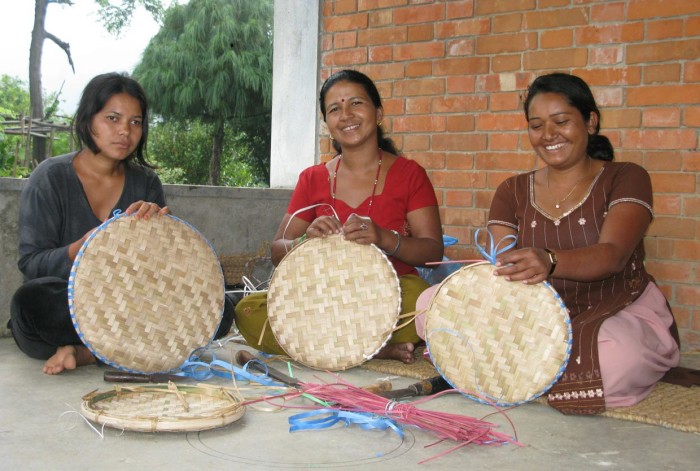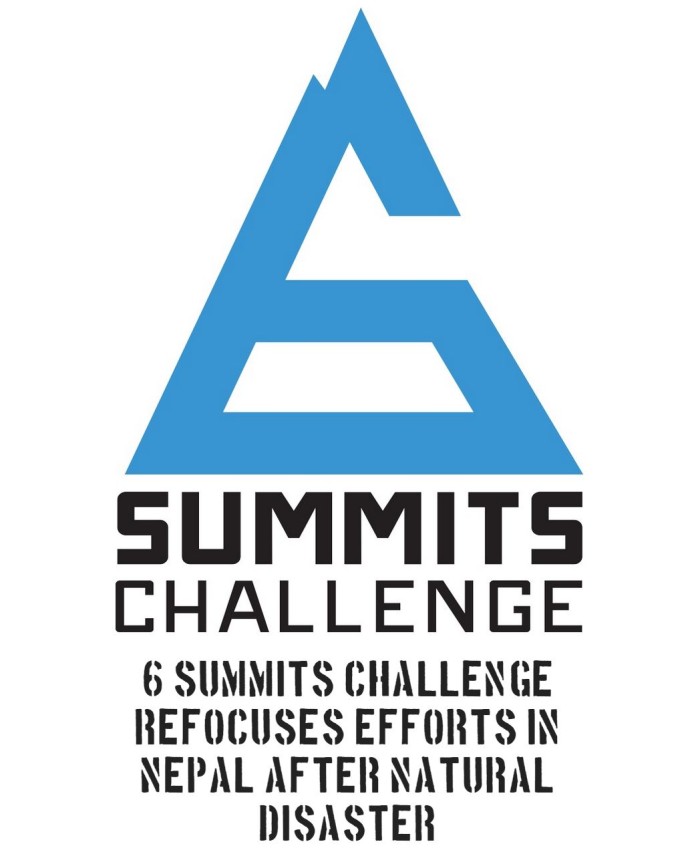Every year Shared Hope works in partnership with domestic and international partners, giving them grants to fund their direct service work with survivors and offer them technical support. This year we are graduating 3 organizations from our grant program and want to share with you their journeys!

This week we are interviewing Stephanie Holt, Executive Director and Co-Founder of Mission 21! Watch for posts Wednesday and Friday featuring the rest of the Mission 21 story!
A note from Mission 21:
To our grant partners, Shared Hope International, you have invested and entrusted us to manage your gifts well, you have challenged us to always be better, to dream bigger and to do the most good. For that, we are forever grateful. Thank you.
Tell us a little about yourself and why you founded your organization.
In 2010, my husband Matt and I founded Mission 21 as a respond to a lack of services to youth in our state who were sexually exploited. It all started after we attended a human trafficking awareness class in Cedar Rapids, IA. During an 8 hour day of eye opening information and stories we left changed people. Coming home from that class, we wondered what we could possibly do to make any kind of difference. The least we could do was talk to our friends and family about what we had learned, and like many people, we thought that we could give financially to an existing program already doing good work. To our surprise there were no services for kids in our state under 16.
With the average age of entry into the sex trade being 12-13 years old this was unacceptable. We never thought that God’s plan was to use us to fill in that gap. I can’t say that I immediately jumped at the opportunity to say “yes” to God when he first called us to this work. But when I finally did say “yes”, I dove in deep and the fruit of that obedience and willingness is evident in the success of Mission 21 to this day.
Where were you/your organization when the grant began vs. where you are now?
Four years ago, 2013, was a pivotal moment for Mission 21. After three years of establishing ourselves in the city of Rochester, MN we had gained much momentum and a consistent presence within our community. It was this year that our formal partnership with Shared Hope International began. Shared Hope International invested $40,000 the first year of funding with Mission 21 in an idea – that specialized foster care for sexually exploited youth was something that was absolutely needed, not only in the state of Minnesota, but nationwide. Four years and $125,000 later, Mission 21 was catapulted to the forefront of a national change in the way states respond to youth in placement.
[easy-tweet tweet=”Mission 21 was catapulted to success, made possible through partnership with @SharedHope”]
Our pilot program with private and public foster care agencies contributed to a state wide Governor’s workgroup conversation charged with changing the way that social services responds for youth in care. Mission 21’s vision for specialized foster care went from a call to action, and many denying that any changes needed to happen, to a powerful voice at a table of policy and change makers. In 2017, foster care for sexually exploited youth will see a complete statewide change backed by our Governor’s office. All of it was made possible by this partnership.
Check back Wednesday and Friday for the rest of their story!












